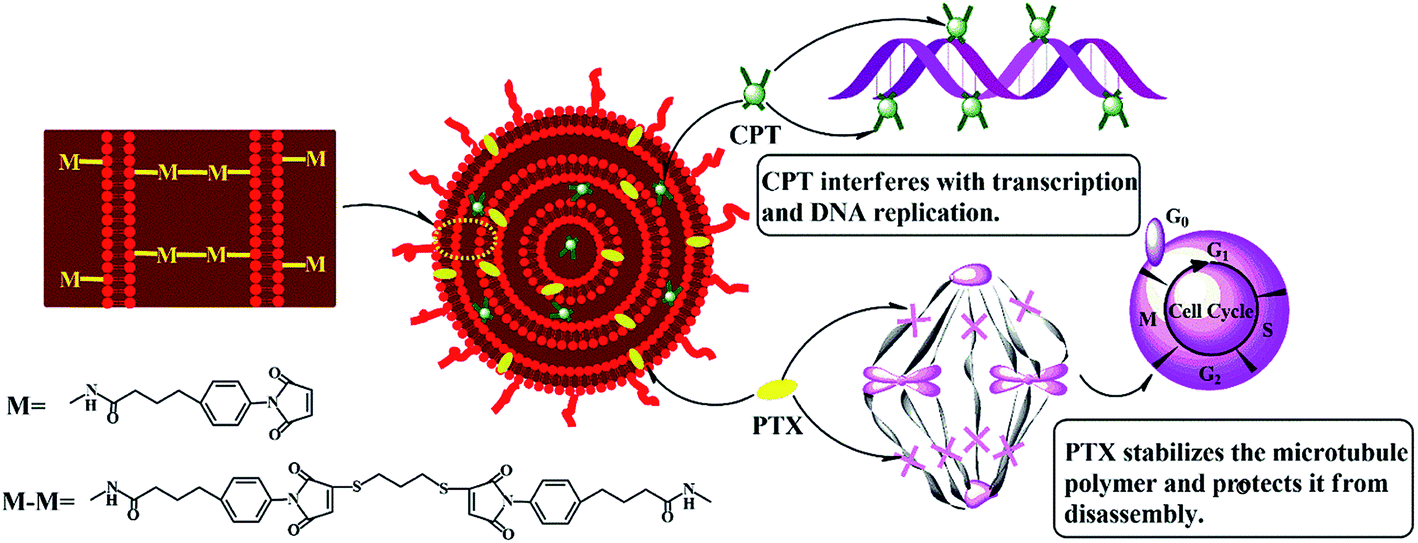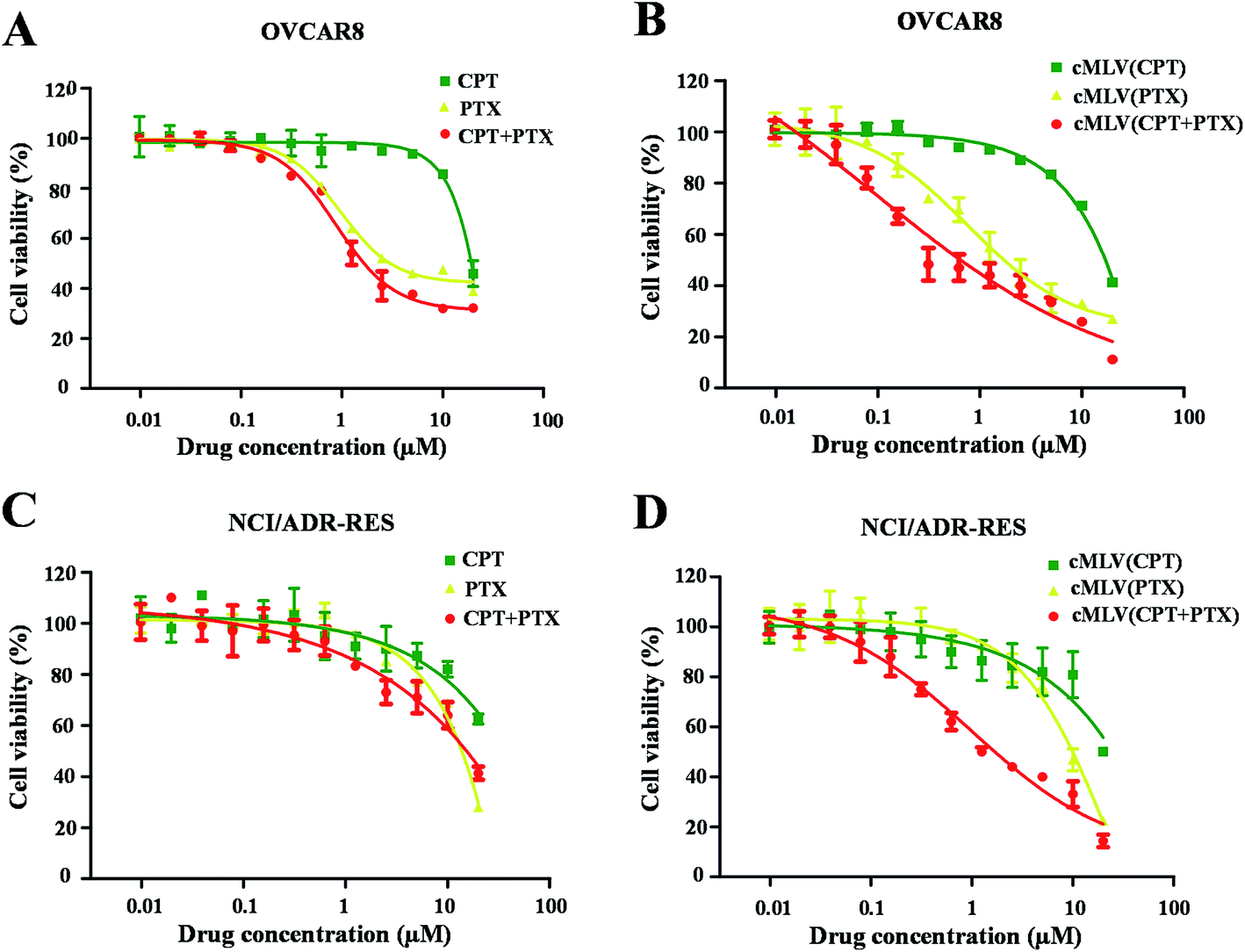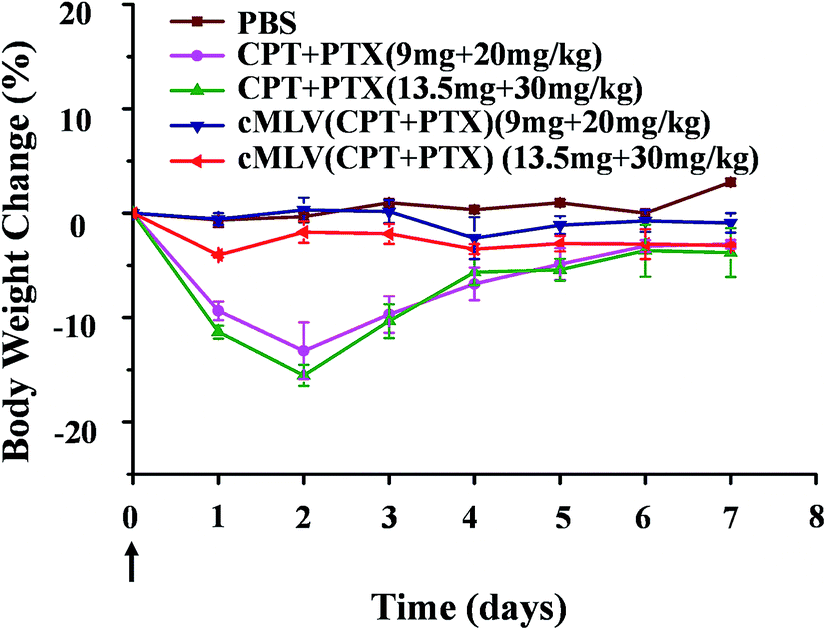In the world of cancer treatment, new advancements are constantly being made to improve patient outcomes and quality of life. Two drugs that have been making waves in recent years are Carboplatin and Keytruda. While they may sound like foreign terms to many, these drugs have shown great promise in fighting various types of cancer.
In this article, we will delve into the details of Carboplatin and Keytruda, exploring their mechanisms of action, their use in combination therapy, and the potential investment opportunities they present.
Let’s dive in!
Introduction
Carboplatin and Keytruda are powerful tools in the fight against cancer. Carboplatin is a chemotherapy drug that interferes with cancer cell growth, while Keytruda stimulates the immune system to recognize and destroy cancer cells.
These drugs have significantly improved patient outcomes and offer hope to those battling various types of cancers, including ovarian, lung, bladder, and testicular cancers.
Carboplatin directly targets cancer cells, slowing tumor growth and reducing cancer spread. Keytruda takes a targeted approach by boosting the body’s immune response against cancer cells. Both drugs have shown remarkable efficacy in treating different forms of the disease.
Importantly, Carboplatin and Keytruda have manageable side effects compared to traditional chemotherapy treatments, enhancing patients’ quality of life during treatment and improving adherence to therapy regimens.
Background
Carboplatin and Keytruda are two important drugs in the field of cancer treatment, each with their unique mechanisms and benefits.
Carboplatin, a platinum-based chemotherapy drug, plays a crucial role in combating cancer. It achieves this by binding to DNA and disrupting its ability to replicate. By interfering with the replication process, Carboplatin effectively inhibits the growth of cancer cells, eventually leading to their demise.
While Carboplatin is considered an effective treatment option, it is not without potential side effects. Some patients may experience nausea, vomiting, anemia, or kidney damage as a result of its use.
To ensure patient safety, individuals undergoing Carboplatin treatment undergo regular blood tests to monitor their blood counts and assess kidney function.
Keytruda, also known as Pembrolizumab, has revolutionized the field of cancer treatment through its innovative approach as an immunotherapy drug. Belonging to a class of drugs called PD-1 inhibitors, Keytruda works by blocking the interaction between immune checkpoints and cancer cells.
This blockade allows the immune system to recognize and attack cancer cells more effectively.
The approval of Keytruda for the treatment of various cancers such as melanoma, lung cancer, head and neck cancer, bladder cancer, and Hodgkin lymphoma has been a significant breakthrough. Additionally, when used in combination with other therapies, Keytruda has shown even greater efficacy in specific patient populations.
These two drugs present distinct approaches to fighting cancer – Carboplatin through its interference with DNA replication and Keytruda through its modulation of immune response. Understanding their individual roles is crucial for both healthcare professionals and patients alike when considering treatment options for different types of cancers.
Study Design and Patients
The combination of Carboplatin and Keytruda has been extensively studied in clinical trials involving patients with lung cancer, ovarian cancer, and head and neck cancer.
The rationale for combining these drugs is their complementary mechanisms of action – Carboplatin targets cancer cells directly, while Keytruda enhances the body’s immune response against them.
These trials follow well-structured protocols, selecting patients based on tumor characteristics or previous treatment history. The goal is to create a homogeneous patient group for accurate data analysis.
Various study designs, such as randomized controlled trials and cohort studies, are utilized to gather robust evidence on the safety, efficacy, dosage regimens, response rates, progression-free survival, and overall survival associated with Carboplatin-Keytruda combination therapy.
By conducting comprehensive studies across diverse patient populations and cancer types, researchers gain valuable insights that advance treatment options and inform optimal patient care. Ethical considerations are prioritized to protect patient rights and minimize risks during participation.
In summary, the study design and patient selection process are crucial in evaluating the effectiveness of Carboplatin-Keytruda combination therapy. These efforts contribute to improving outcomes in cancer treatment by generating high-quality evidence that guides healthcare professionals in making informed decisions.
Treatment Approach with Carboplatin and Keytruda
The treatment approach involving Carboplatin and Keytruda is a significant breakthrough in cancer therapy, particularly for non-small cell lung cancer patients who are not eligible for surgery. By combining these two drugs, doctors are able to tailor treatment protocols to each patient’s specific needs, ensuring the best possible outcome.
In non-small cell lung cancer cases where surgery is not an option, Carboplatin and Keytruda are administered together as a first-line treatment. This combination has shown remarkable improvements in overall survival rates compared to traditional chemotherapy alone. The benefits of this approach have been observed through extensive clinical trials.
Clinical trials evaluating the effectiveness of Carboplatin and Keytruda have reported promising results. Patients receiving this combination therapy have experienced increased response rates and prolonged progression-free survival. Furthermore, the overall survival rate has improved significantly when compared to standard chemotherapy regimens.
One of the key advantages of using Carboplatin and Keytruda together is their favorable safety profile. With manageable side effects, patients can easily comply with their treatment regimen without compromising their quality of life. This aspect is crucial in ensuring that patients can maintain a good level of well-being during therapy.
Results from Clinical Trials
Numerous clinical trials have been conducted to evaluate the efficacy of combining Carboplatin and Keytruda in the treatment of various cancers. These studies consistently demonstrate improved outcomes compared to traditional chemotherapy alone.
In lung cancer patients, the combination therapy has shown higher response rates, longer duration of response, and improved overall survival. This indicates that the use of Carboplatin and Keytruda together has a significant positive impact on patient outcomes.
Similar positive results have also been observed in other cancer types such as ovarian cancer and head and neck cancer.
When examining response rates, survival outcomes, and side effects, it is evident that the Carboplatin and Keytruda combination varies in its effectiveness depending on the specific type of cancer being treated. However, across multiple studies, these rates have consistently been higher than those seen with standard chemotherapy alone.
Furthermore, survival outcomes have shown significant improvement with the combination therapy. For instance, in advanced non-small cell lung cancer patients who received first-line treatment with Carboplatin and Keytruda, median overall survival was significantly prolonged compared to chemotherapy alone.
This highlights the potential of this treatment approach to enhance patient longevity and quality of life.
In terms of side effects, the combination therapy has generally been well-tolerated by patients. While some common side effects such as fatigue, nausea, and diarrhea may occur, they are typically manageable and reversible. The benefits derived from this treatment approach outweigh the potential drawbacks associated with these side effects.
The findings from clinical trials evaluating Carboplatin and Keytruda combination therapy provide strong evidence for its effectiveness in improving patient outcomes across various cancer types.
By offering enhanced response rates, prolonged survival durations, and manageable side effects, this treatment approach presents a promising option for patients seeking improved therapeutic options for their condition.
Future Directions: Ongoing Research and Potential Applications
Ongoing research is expanding the potential applications of Carboplatin and Keytruda, two groundbreaking cancer drugs. Clinical trials are investigating their efficacy in breast cancer, colorectal cancer, and rare cancers like mesothelioma.
Additionally, studies have shown promising results when using these drugs in pre- and post-surgery settings to enhance treatment outcomes. These findings offer exciting possibilities for personalized medicine and improved patient care across various stages of cancer management.
As research progresses, staying informed about emerging data regarding Carboplatin and Keytruda is crucial for healthcare providers to offer cutting-edge treatment options. This ongoing exploration underscores the importance of research in advancing our understanding of cancer treatment and improving patient outcomes.
Investing Opportunities: Pharmaceutical Companies Involved with Carboplatin and Keytruda
Investing in pharmaceutical companies that develop and manufacture drugs like Carboplatin and Keytruda can be a lucrative opportunity. Bristol Myers Squibb, the maker of Keytruda, and Teva Pharmaceutical Industries, involved in Carboplatin production, are major players in cancer research and development.
These companies are well-positioned to meet the increasing demand for effective cancer treatments worldwide. Investors interested in the growth potential of this market should monitor these companies’ involvement in developing new cancer therapies.
By investing directly or diversifying their portfolio with healthcare or biotechnology funds, investors can capitalize on the ever-growing demand for innovative cancer treatments and potentially benefit from substantial growth opportunities.
In summary, investing in pharmaceutical companies involved with Carboplatin and Keytruda offers attractive prospects for investors looking to participate in the dynamic field of cancer treatment.
By monitoring these companies’ developments and considering strategic investment options, investors can align themselves with both advancements in cancer care and potential financial gains in this expanding market.
Conclusion
Carboplatin and Keytruda have emerged as a formidable combination in the field of cancer treatment, revolutionizing our approach to various types of cancers. These drugs have not only improved response rates but also offered prolonged survival outcomes with manageable side effects, setting them apart from traditional chemotherapy treatments.
The impact of Carboplatin and Keytruda reaches beyond their current approved uses as ongoing research explores new indications and potential applications for these drugs. This continuous exploration expands their scope, making them even more promising in the fight against cancer.
For investors, the growing demand for innovative cancer therapies presents a unique opportunity to participate in the growth potential of pharmaceutical companies involved with Carboplatin and Keytruda. The dynamic landscape of this field provides an avenue for investment that aligns both financial gain and positive social impact.
As advancements continue to be made, it is vital for patients and investors alike to stay informed about the latest developments. By staying up-to-date with emerging research findings and breakthroughs, we can actively contribute to the progress being made in cancer treatment.
By actively participating in this knowledge exchange, we can collectively work towards improving patient outcomes worldwide. It is through collaboration between researchers, healthcare professionals, patients, and investors that we can drive progress in cancer treatment.
Together, we can make a meaningful difference in the lives of those affected by this devastating disease.
[lyte id=’IA4IGZ6xfog’]






